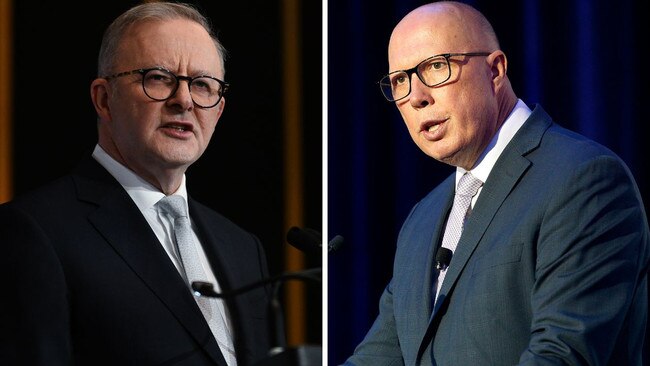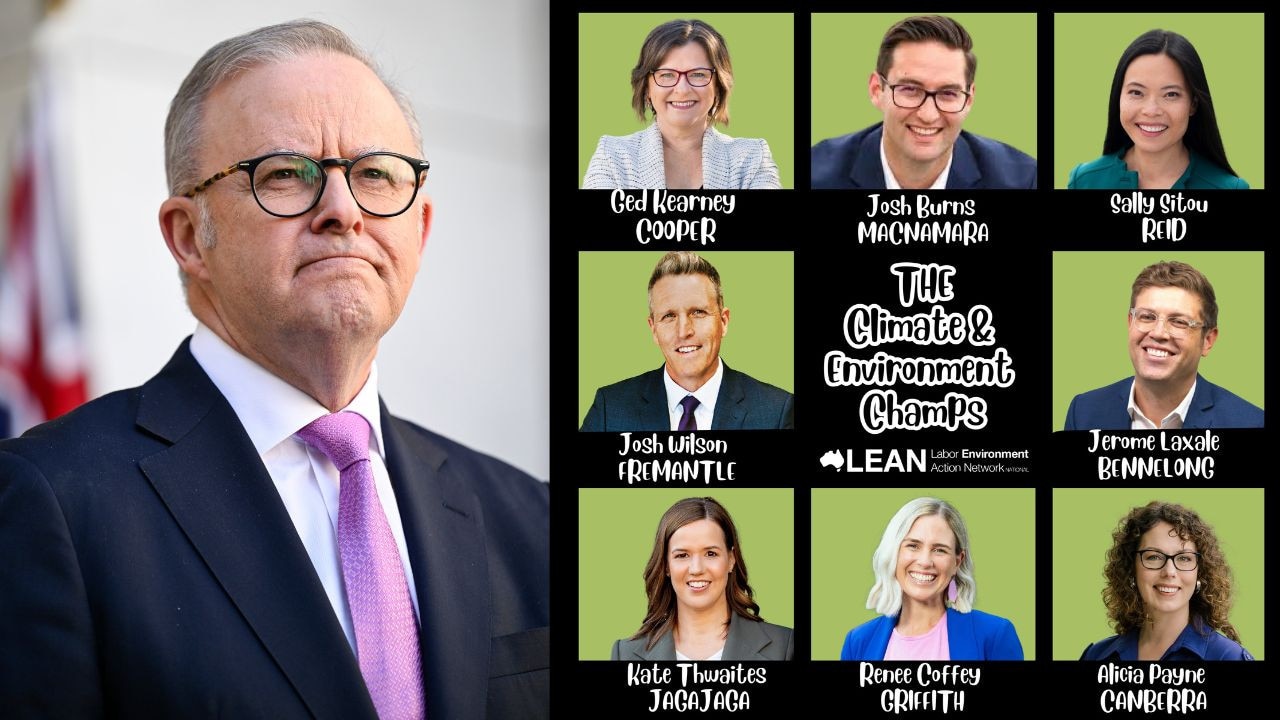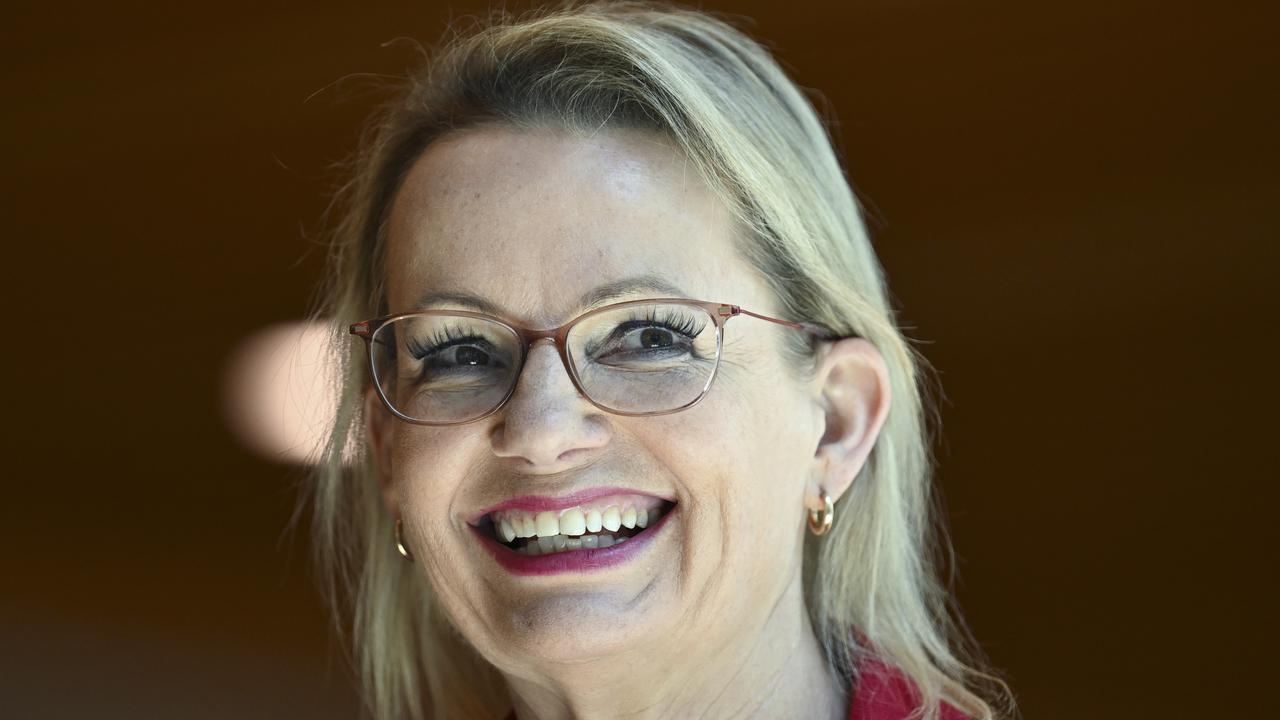Economy of scale: it’s big brother or get out of the way and let people determine destiny


Anthony Albanese wants a greater role for government in shaping the transition to a net zero economy and creating new industries and employment.
Peter Dutton says government is the problem, and it needs to get out of the way and let businesses and people determine their own destiny.
This is the debate that will now shape the political contest until the election over the economy.
Albanese this week has begun to give shape to Labor’s big idea.
Central to his argument is the future cost of not acting; for us to compete with the rest of the world, Australia will need the guiding-hand resources of government.
In other words, taxpayers will be on the hook for this grand experiment.
Albanese argues that the free market will not be able to achieve the growth strategy required.
This is an agenda that seeks to cover all bases. At a higher level, it is an attempt to boost Labor’s broader credentials through a demonstration that Albanese understands the challenges and is in command of the economic levers.
The green energy focus speaks to the ongoing battle with the greens for inner-city metropolitan seats whereas the investment in manufacturing is the pitch to Labor’s traditional union-based blue collar base and the workers they claim won’t be left behind in the transition.
Albanese sees it as a marriage of Labor’s conflicted constituencies.
The Coalition’s proposition is a return to fundamental principles.
Dutton and opposition Treasury spokesman Angus Taylor have been quick to differentiate. Their claim is to a manufacturing future under a Coalition government underwritten by cheaper energy rather by taxpayers.
With the US now seeing the results of hundreds of billions of dollars being pumped into the economy through the Inflation Reduction Act – inflation on the march again – there is an explicit warning for the federal government in trying to replicate here what is playing out in the US.
Whether the Future Made in Australia Act is a political winner is questionable.
Cost of living remains streets ahead of all other issues as the key electoral concern.
This does nothing to address the primary issue.
And the surprise US inflation numbers now expose the fragility of the government’s position and its election planning, which is based on economic assumptions that are in no way guaranteed, and becoming less so.
Jim Chalmers may well find that pump-priming the economy in the May budget is premature at best, and counter-productive at worst.
There is now increased risk in Albanese Labor’s political strategy on the economy.
More things have to go right than before.







The competing political narratives emerging on the economic challenge facing Australia have just become a lot clearer.